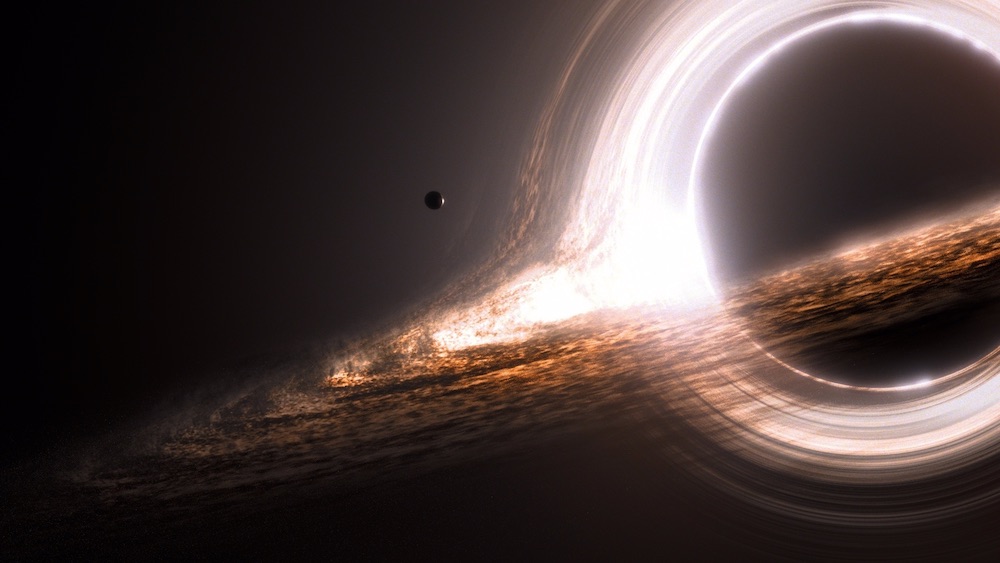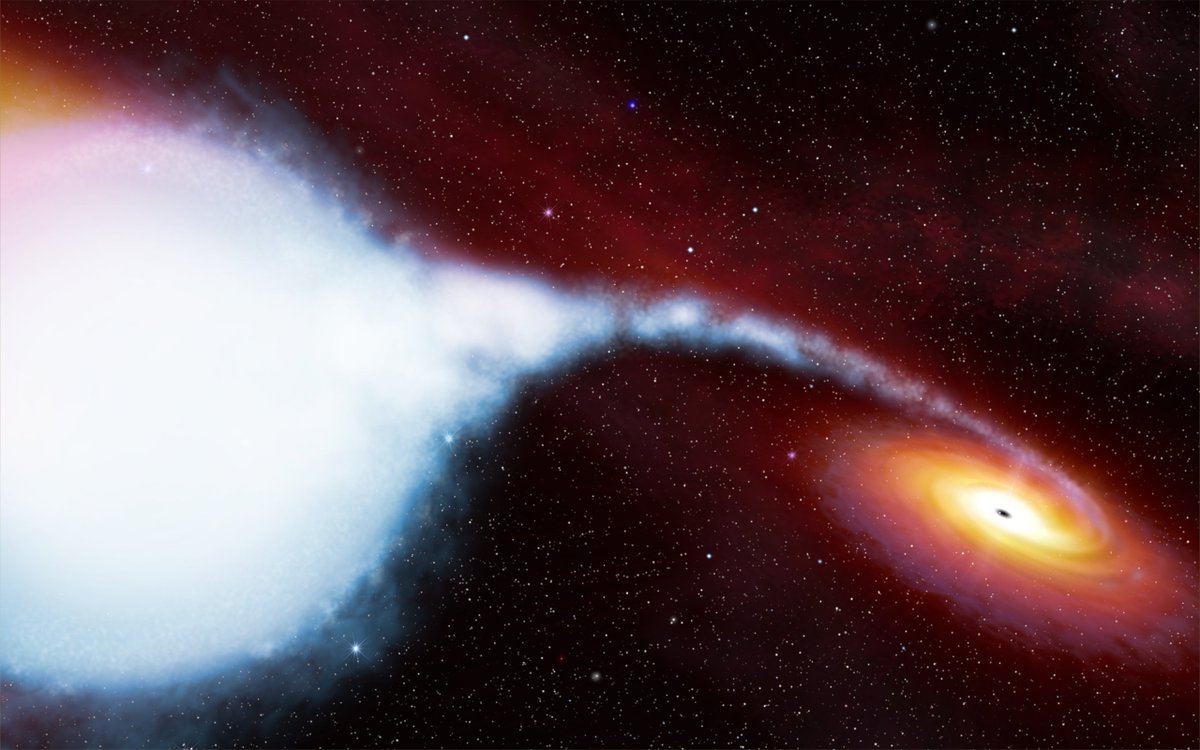
The intractable fact is, imperfect man cannot save imperfect man. In all the thousands of years of evolving approaches to problem-solving, it has never happened. It hasn't even progressed. We're still struggling with exactly the same problems we struggled with millennia ago.
https://twitter.com/Prof_Yakob/status/1344315601326632960
We can't look to man for an *objective* philosophy of science, because no one can even agree on what defines the limits of science. The problem is, we have as many different worldviews as we do people, because we're perpetually hamstrung by four basic human limitations.
Those four basic human limitations are:
1. Limited perspective
2. Misleading emotions
3. Intellectual inertia
4. Lack of humility
That doesn't mean we can't find ways to occasionally surmount them, which is why we have modern science, but we'll ALWAYS struggle against them.
1. Limited perspective
2. Misleading emotions
3. Intellectual inertia
4. Lack of humility
That doesn't mean we can't find ways to occasionally surmount them, which is why we have modern science, but we'll ALWAYS struggle against them.
That's why science does what it does in a messy way, as described by philosopher of science Thomas Kuhn. The fact that it works at all is a testament to its basis in, among other things, Christian ideals and assumptions. The scientific method is designed to mitigate those...
...limitations as much as possible. Which is why science kinda sorta works. But those limitations also give rise to flawed philosophies, like logical positivism. They're not occasional bumps on the evolving road to perfection, they're symptoms of our inherent flawed nature.
Now, let's bring this all together. Those same four human limitations that modern science was designed to mitigate are as potentially deadly to morality as they are to philosophies of science. If we have the scientific method to help overcome those limitations, is there a...
...moral equivalent? Any human-concocted system of morality has the potential – practically the guarantee – to go awry. Often horribly. The moral counterpart to the scientific method, the one thing that mitigates those limitations, is the core of Christian belief: ...
...that we all bear the image of God, that we're loved beyond our ability to understand by the Creator of the universe, that we are saved by Jesus Christ, that we have a moral obligation to love God as the very essence of goodness and to love each other, even our enemies.
Which is why vast numbers of people have flocked to the various Christian and post-Christian countries of the world and not vice-versa. But as we increasingly unmoor ourselves from the Christian basis for morality, we increasingly see human-concocted systems of morality that...
...take its place give us ugly, hateful things like cancel culture. In its essence, cancel culture is no different than the French Revolution or the Marxist revolutions of the 20th century. If you're an enemy, you deserve no mercy, no forgiveness, and no chance at redemption.
Cancel culture is one head of that nasty self-saving humanist hydra. How many heads do we need to chop off in futility before we accept that imperfect man can never save imperfect man? Especially when we already have a perfect Savior.
• • •
Missing some Tweet in this thread? You can try to
force a refresh






